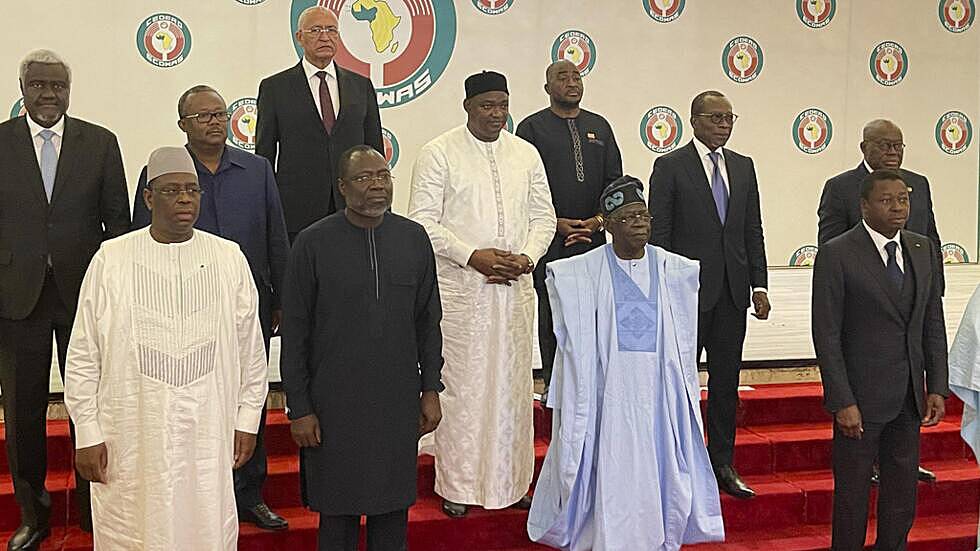The Economic Community of West African States (ECOWAS) on Thursday ordered the activation of a standby force for potential use against the junta that seized control of Niger in July, stating that it preferred a peaceful return to democracy but was open to all possibilities, including the use of force.
Although vague, the invasion threat heightens tensions in and around Niger, a country that produces uranium and was a key partner of the West in the struggle against Islamist terrorists that were wreaking havoc in the Sahel.
ECOWAS had set an August 6 deadline for the junta, which had taken control on July 26, to stand down. Instead, the junta closed Niger’s airspace and vowed to protect the nation from any outside invasion.
Following a summit of its leaders in Abuja, Nigeria, the bloc promised to impose penalties, travel restrictions, and asset freezes on anybody obstructing the democratically elected President Mohamed Bazoum’s return to office.
“No option is taken off the table, including the use of force as a last resort,” said Nigerian President Bola Tinubu, the ECOWAS chair.
“I hope that through our collective effort we can bring about a peaceful resolution as a roadmap to restoring stability and democracy in Niger,” he said. “All is not lost yet.”
An official statement was read out which included a resolution asking the bloc’s defence chiefs to “activate the ECOWAS Standby Force with all its elements immediately”
Another resolution spoke of ordering “the deployment of the ECOWAS Standby Force to restore constitutional order in the Republic of Niger”, immediately followed by another that spoke of restoring such order “through peaceful means”.
U.S. Secretary of State Antony Blinken reiterated its support for the ECOWAS initiatives and called for President Bazoum’s release in a statement, adding that the United States would hold the junta accountable for the safety of Bazoum, his family, and imprisoned government officials.
“The United States appreciates the determination of ECOWAS to explore all options for the peaceful resolution of the crisis,” Blinken said.
Security analysts said an ECOWAS force could take weeks or longer to assemble, potentially leaving room for negotiations.
The bloc has planned to create a standby force of thousands of troops for years but was held back by funding delays and insufficient troop commitments, said Ikemesit Effiong, a researcher at SBM Intelligence in Nigeria.
After a string of coups since 2020 and growing militant activity, regional leaders said in December that they were determined to create such a force.
ECOWAS Commission President Omar Alieu Touray told the U.N. Security Council last month that they were considering two options: a brigade of 5,000 troops at an annual cost of $2.3 billion or the deployment of troops on demand at an annual cost of $360 million.
Thursday’s statement did not spell out how the force would be funded, which countries would participate or how many troops and what hardware they could contribute.
“There’s probably still a lot that has not been agreed to, such as timeline and red lines and what to do in contingency situations if things continue to go sour,” said Aneliese Bernard, director of consultancy Strategic Stabilization Advisors.




















